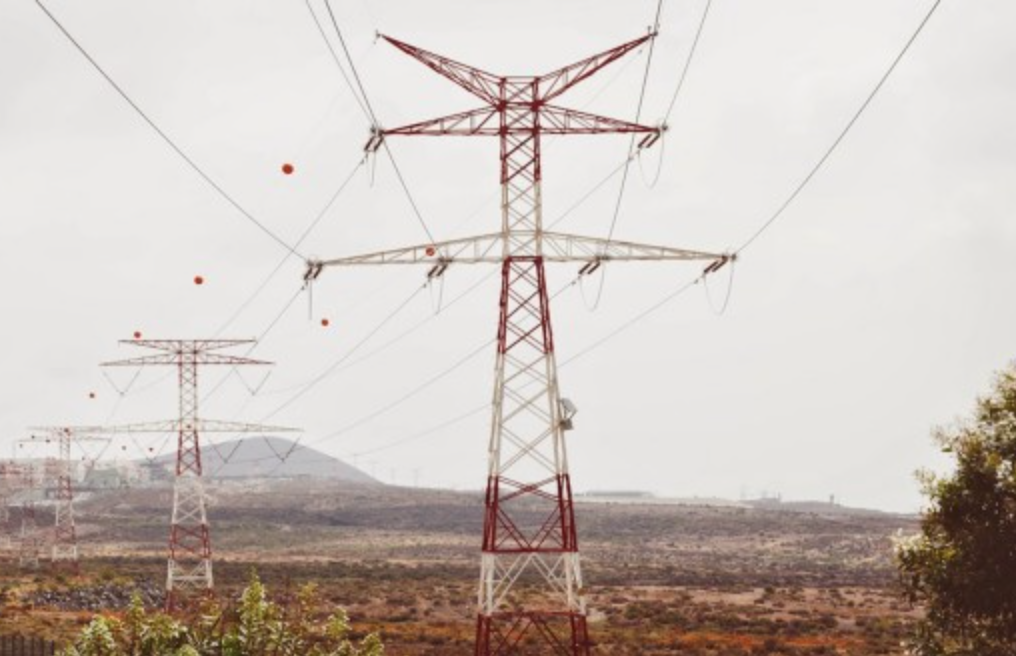
Oct 1 , 2022
By Shewangezaw Seyoum
Last summer saw Ethiopia conduct the third-round filling of the Grand Ethiopian Renaissance Dam (GERD) and expand electricity generation. The developments thus far have not been a small feat. With this second hydropower generator, the GERD has begun generating 375mw of electricity; similar to the capacity of the first turbine launched on February 20, 2022. Combined, the two turbines will produce a total of 750mw, which is equivalent to the total output from Gibe I and Gibe II power plants built previously on the Omo River.
Regionally, the filling has aroused anger from the Egyptian government and saw it lodging a complaint at international multilateral institutions. Fortunately, the tension between Cairo and Addis Ababa this time around did not reach a boiling point unlike in July 2020, when Ethiopia began filling the Dam reservoir for the first time. The geopolitical fallout is the result of years of fruitless talks aimed at formulating understandings and months of accelerated discussions, including negotiations mediated by the United States and the African Union, which have thus far come to naught.
At home, there was a sigh of relief, if not buzz, that the country managed to fill the dam in this challenging time. But, several power interruptions were also observed in different parts of the country during the same period. These power outages that last up to weeks have caused difficult problems for households, organisations and businesses.
This year’s power interruptions were blamed on several factors including political instability, dilapidated power lines, fried transformers, reconstruction underway in some parts of the country and power shortages.
More importantly, the fact that this problem occurred as Ethiopia increases power output indicates that electricity generation capacity alone will not address frequent outages.
It also points to the unreliability of electricity supply in Ethiopia. In recent years, Ethiopia stood 109th out of 137 ranked countries in terms of reliability in electricity supply, according to the World Economic Forum. This is not comforting.
The lack of secure and reliable electrical power costs the economy a great deal and is a constraint to doing business. Some studies, for example, have shown that firms in Ethiopia self-generate electricity in response to power outages, which of course entails cost. Power outages were also found to affect firms' productivity negatively, and increase costs by as much as 15pc. Outages are particularly costly for small firms. Frequent and lengthy outages that characterise the electricity supply force businesses to maintain costly measures such as diesel backup generators.
Having access to modern energy sources such as electricity is essential for economic development and a higher standard of living. Access to efficient sources energy supports both income generation activities and the national development agenda through improving education, reducing indoor air pollution, and enhancing environmental sustainability. On the other hand, the Ethiopian energy sector faces the dual challenges of limited access to sufficient energy and heavy reliance on traditional biomass energy sources to meet growing demand.
Of course, there is a clear case for expanding electricity generation in Ethiopia and there are big plans. This is because much more power needs to be available if we want to bring on board those populations who have so far been unable to access electricity and in order to cater to increasing electricity demand in the future. But such initiatives should take note that simply building more power plants would not be very helpful unless accompanying effective measures are taken to address the glaring shortcomings in the quality of electric supply.
Major aspects of quality of supply are the availability of electricity (continuity of supply), its technical properties (voltage quality) and the speed and accuracy with which customer requests are handled (commercial quality).
Being able to keep the lights on represents an essentially important barometer of state effectiveness. Policymakers need to pay attention to the power interruption problem and set clear policy direction for its resolution or at least amelioration. The state-owned electricity utility monopoly, Ethiopian Electric Utility (EEU), has to put its house in order. EEU not only has so far failed to give a satisfactory solution to this problem, it cannot even collect utility bills on time as is evident in the huge backlog. To really begin addressing the problem, regular surveys and analyses of the quality of electricity supply should be conducted, and data and results should be made available.
PUBLISHED ON
Oct 01,2022 [ VOL
23 , NO
1170]


Viewpoints | Oct 21,2023

Radar | Apr 03,2021

Radar | Aug 12,2023

Fortune News | May 13,2023

Fortune News | Oct 17,2020

Fortune News | May 23,2021

Radar | Apr 26,2019

Advertorials | Feb 06,2024

Commentaries | Apr 16,2022

Fortune News | Apr 26,2025

Photo Gallery | 179073 Views | May 06,2019

Photo Gallery | 169271 Views | Apr 26,2019

Photo Gallery | 160148 Views | Oct 06,2021

My Opinion | 137147 Views | Aug 14,2021
Commentaries | Oct 25,2025

Dec 22 , 2024 . By TIZITA SHEWAFERAW
Charged with transforming colossal state-owned enterprises into modern and competitiv...

Aug 18 , 2024 . By AKSAH ITALO
Although predictable Yonas Zerihun's job in the ride-hailing service is not immune to...

Jul 28 , 2024 . By TIZITA SHEWAFERAW
Unhabitual, perhaps too many, Samuel Gebreyohannes, 38, used to occasionally enjoy a couple of beers at breakfast. However, he recently swit...

Jul 13 , 2024 . By AKSAH ITALO
Investors who rely on tractors, trucks, and field vehicles for commuting, transporting commodities, and f...

Oct 25 , 2025
The regulatory machinery is on overdrive. In only two years, no fewer than 35 new pro...

Oct 18 , 2025
The political establishment, notably the ruling party and its top brass, has become p...

Oct 11 , 2025
Ladislas Farago, a roving Associated Press (AP) correspondent, arrived in Ethiopia in...

Oct 4 , 2025
Eyob Tekalegn (PhD) had been in the Governor's chair for only weeks when, on Septembe...

Oct 25 , 2025 . By YITBAREK GETACHEW
Officials of the Addis Abeba's Education Bureau have embarked on an ambitious experim...

Oct 26 , 2025 . By YITBAREK GETACHEW
The federal government is making a landmark shift in its investment incentive regime...

Oct 29 , 2025 . By NAHOM AYELE
The National Bank of Ethiopia (NBE) is preparing to issue a directive that will funda...

Oct 26 , 2025 . By SURAFEL MULUGETA
A community of booksellers shadowing the Ethiopian National Theatre has been jolted b...